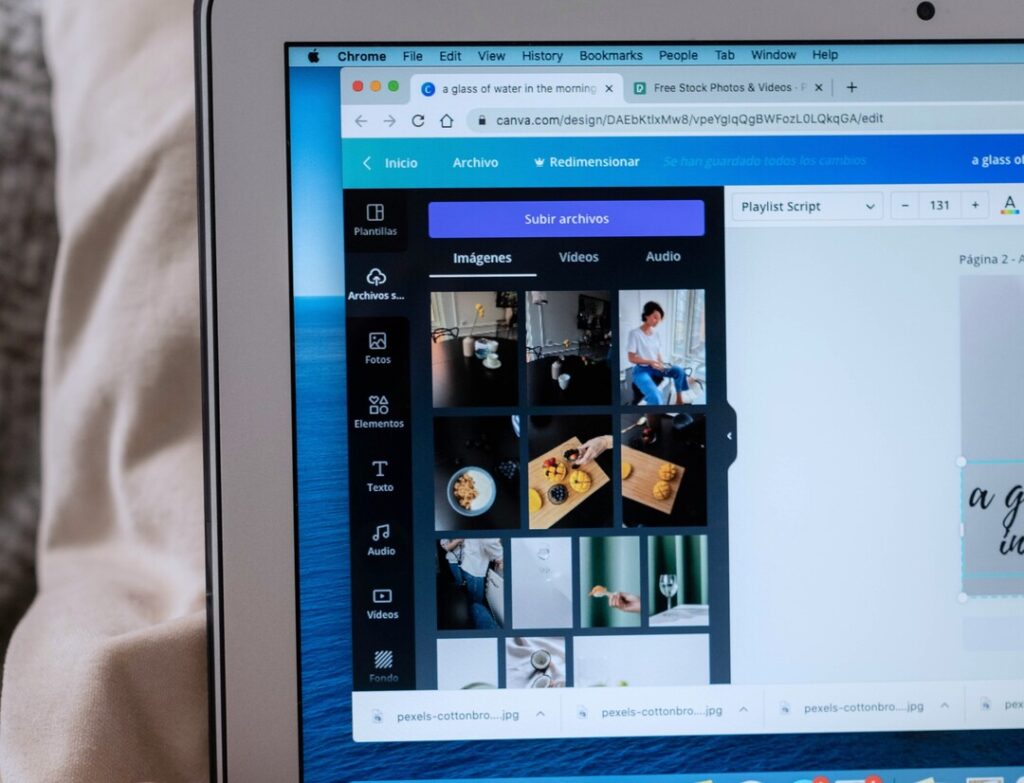
Web Apps vs Mobile Apps: What’s the Difference?
By Ruben Rodrigues Posted

When you first think about accessing and attracting mobile users, most probably you are going to face a serious issue: what type of solution to develop for this purpose, a mobile app or a web app? If you are not a tech business and don’t have an extended IT team, you might struggle to comprehend which type will match your needs the best.
In this article, TechRivo reveals the pros and cons of web and mobile apps, as well as explains the distinctions between these two similar at first sight, but rather different kinds of solutions.
Mobile Apps Explained
What Is a Mobile App?
Each person that owns a smartphone or a tablet encounters mobile apps every day: Facebook, Candy Crush, Uber, or any other app you download from Google Play or App Store fall under this category.
Basically, a mobile app is a stand-alone solution built specifically for mobile devices, like smartphones, or tablets. They need to be downloaded and uploaded on a device for users to access their functionality and put them to actual use. A big percentage of mobile apps can be used without an active internet connection.
Types of Mobile Apps
There are two main types of web apps: Native and Hybrid.
Native mobile apps are designed specifically for a certain operating system, e.g., Android or iOS. Developers use different programming languages and software development kits (SDKs) to build apps for different mobile platforms: the majority of Android mobile apps are created on Java, while iOS apps for iPhones are produced with the help of Objective-C or Swift.
The biggest benefit of native mobile apps is their suitability for the platform they are determined to. They perform on a high level and allow developers to add wide functionality, providing a superior user experience.
However, native mobile apps have a significant downside: if you plan to expand your app on different platforms, you need to go through separate development projects for each OS. Of course, when you plan to launch an app for wide audiences, you need to release both Android and iOS versions, which would be a costly investment.
And here is where the second type of mobile app comes in handy. Hybrid mobile apps are built with the help of web technologies like HTML, CSS, and JavaScript, but packed into the shell of native mobile apps. However, unlike the last, hybrid mobile apps can be used through different OS, meaning that you need to develop only one solution instead of several. This helps you to save money and time on the development process, but you will lose some advantages in the capability to integrate some platform-specific features.

Web Apps Explained
What Is a Web App?
You can also access web applications through mobile devices. However, you don’t need to download anything — all you need is an internet connection and a browser.
Web apps are software pieces stored on remote servers and delivered to users through the internet. Users can interact with them through web browsers like Safari, Google Chrome, Firefox, etc., which makes web apps highly adaptable to any kind of device.
Unlike with mobile apps, there is no standard software development kit engineers can use to build a web app. Nevertheless, templates and libraries can still enhance the developers’ efficiency, making the development of web apps much faster and simpler.
Types of Web Apps
Web apps are more versatile than mobile ones, allowing developers to tap into a large landscape of opportunities to find solutions for their needs, challenges, and issues. There are dozens of types of web apps, which are classified by different characteristics.
There are static and dynamic web apps, first delivering content to users without loading any data from the server and second generating data according to user’s requests and server response.
Another classification is single and multiple-page web apps. Single-page solutions imply that it runs solely within a browser and doesn’t require reloading, it just uploads necessary parts of content to the page from the server, while a multiple-page app reloads the whole page every time a user moves to the next one.

Progressive web apps (PWAs) are worth special attention, considering that they have turned into a full-scale web development trend. PWAs were born as a reaction to the functional limits of web apps in comparison with mobile apps, and thanks to enhanced capabilities and an application cache feature that allows websites to store large amounts of data on users’ devices.
Progressive web apps are accessed through the web and built with HTML, CSS, and JavaScript but have capacities like native mobile apps, e.g., push notifications, offline mode, etc. Progressive web apps exist at the intersection of the regular web and mobile applications, leveraging the benefits of both types for better performance and lower development costs.
The main advantages of progressive web apps include their availability (they can work pretty decently even with a poor internet connection, and users don’t need to upload them on their devices to access the solution), independence from third-party platforms like App Store or Google Play and reduces costs required to build a cross-platform, user-friendly application.
The Detailed Comparison of Web and Mobile Apps
As you can see, native mobile apps and standard web apps have their own pros and cons. It is impossible to give an unambiguous answer to the question of which type of app is better, as they serve different purposes and provide different opportunities for business.
To understand what type of app you should choose for your development project, we suggest contemplating specific features of both web and mobile apps. Such a comparative analysis will clarify what side you need to lean to.

So, here are the main points where the two aforementioned types of apps differ:
- Internet connection: mobile apps can work without being connected to the web, while web apps require users to have access to the Internet to operate;
- Platforms: web apps operate efficiently on any device that has a browser; with mobile apps, the situation is more complex: native solutions are tailored specifically for a certain OS, however, there are hybrid solutions built on technologies that power up cross-platform capacities;
- Functionality: mobile apps have much more capacities for rich, complex functionality than web solutions;
- Launch: web apps take less time to launch as they do not require app store approval, in contrast with mobile ones;
- Development: mobile apps are backed up with dozens of developer tools, libraries, and SDKs that make app creation much easier; while there is no lack of available solutions for web development, engineers still might need more time to build a web solution;
- UI: while both web and mobile apps are not limited in terms of interface elements, the designing process for mobile solutions will be easier, as there are comprehensive guidelines for UI.
In Conclusion
When encountering the discussion “web apps vs mobile apps”, you need to contemplate every case separately. Every project chases its own goals, and it only makes sense to select the type of app that will contribute the most value to your specific needs.
At the same time, your options are not limited to solely a traditional web or a native mobile app. The tech industry has already come up with new concepts like progressive web apps that allow you to get the best of both worlds and enjoy the rich capacities of mobile apps packed into the convenience and speed of web solutions.
TechRivo is ready to guide you through mobile and web development details and help you select the solution type suitable for your goals, requirements, and budgets. Feel free to contact our managers to get an estimation for your project.
Author
Co-founder of TechRivo. The team member that likes to be between the business side of tech and the tech side of business. An AI enthusiast that believes it is the the time to bring those models from the university shelves to businesses.
